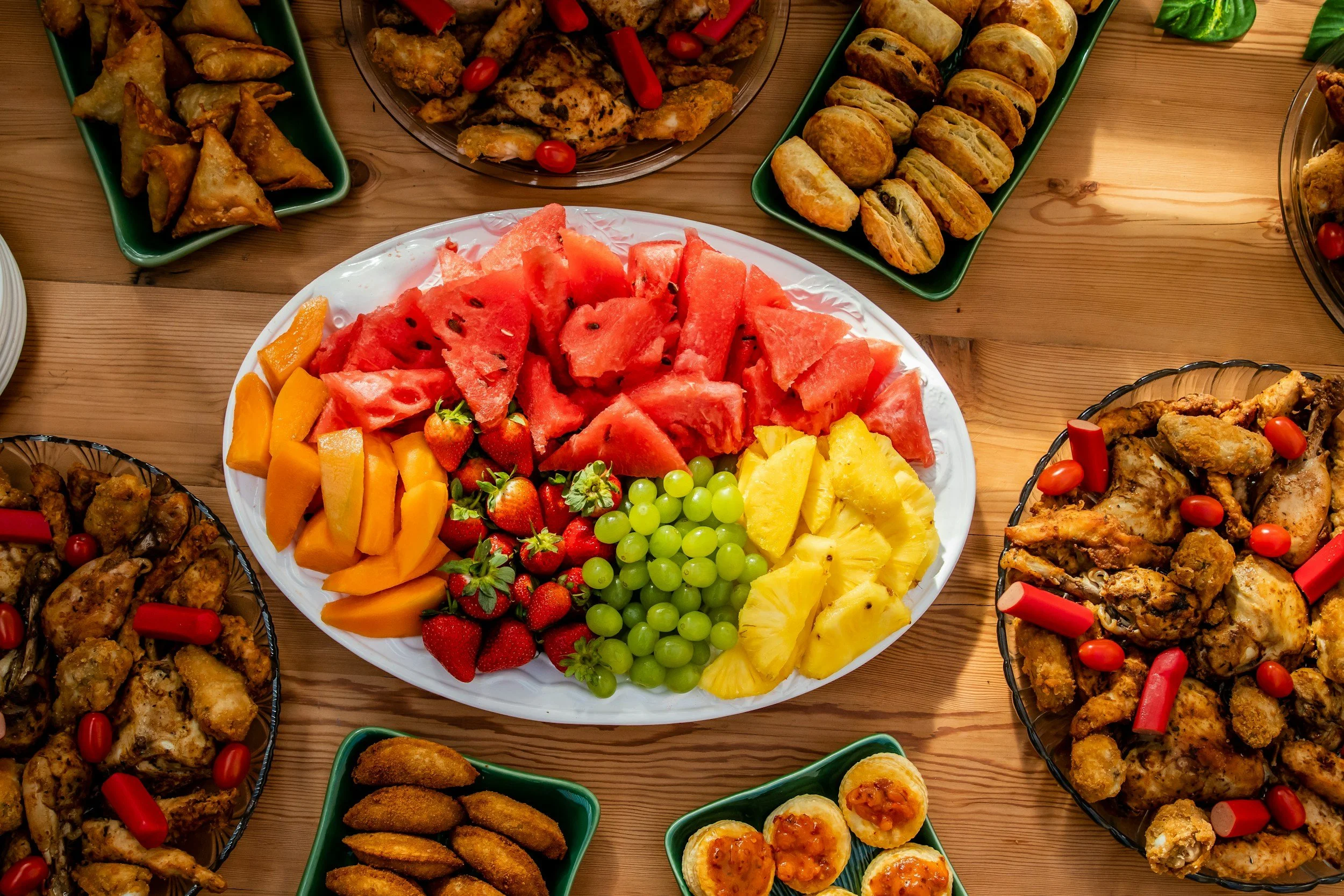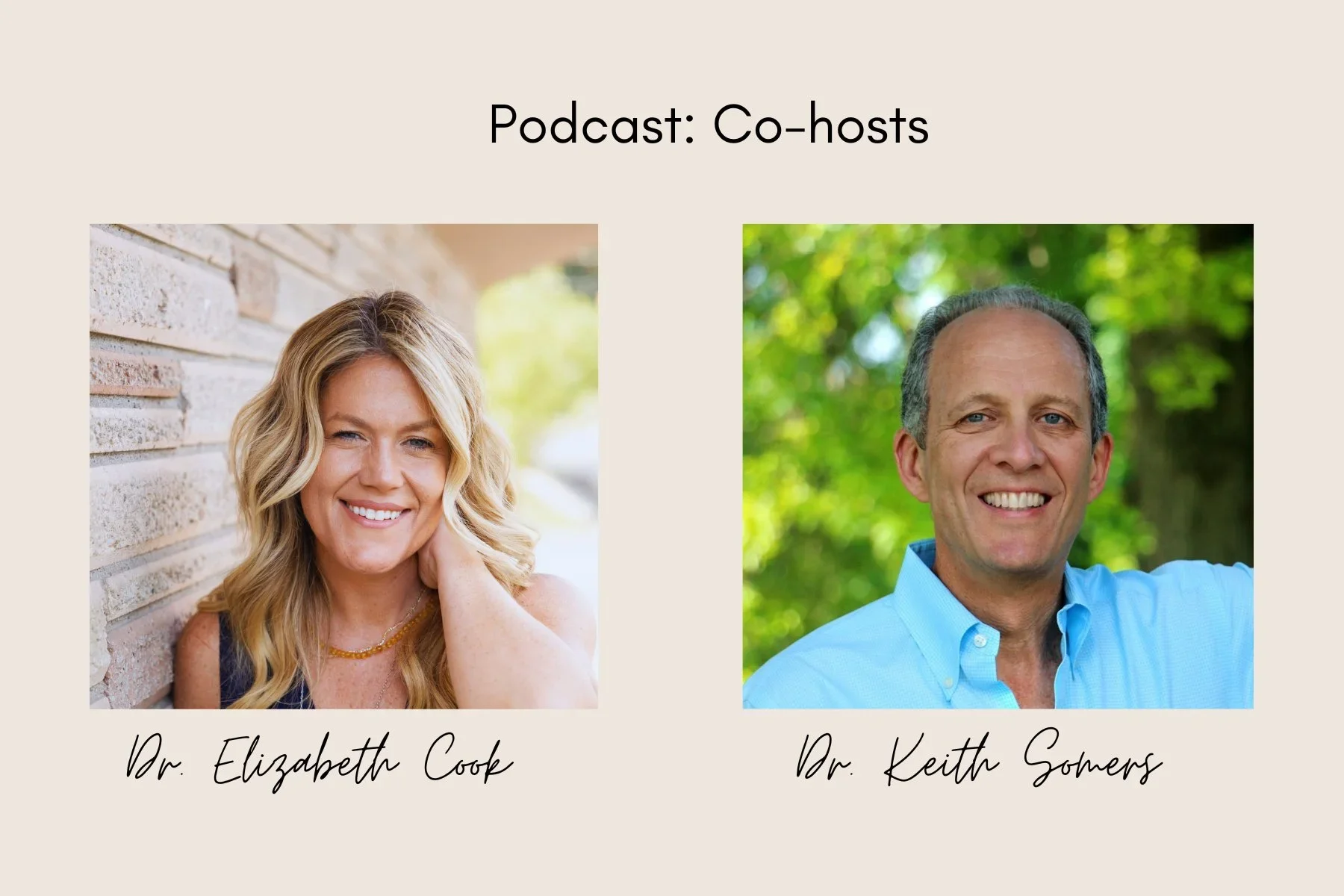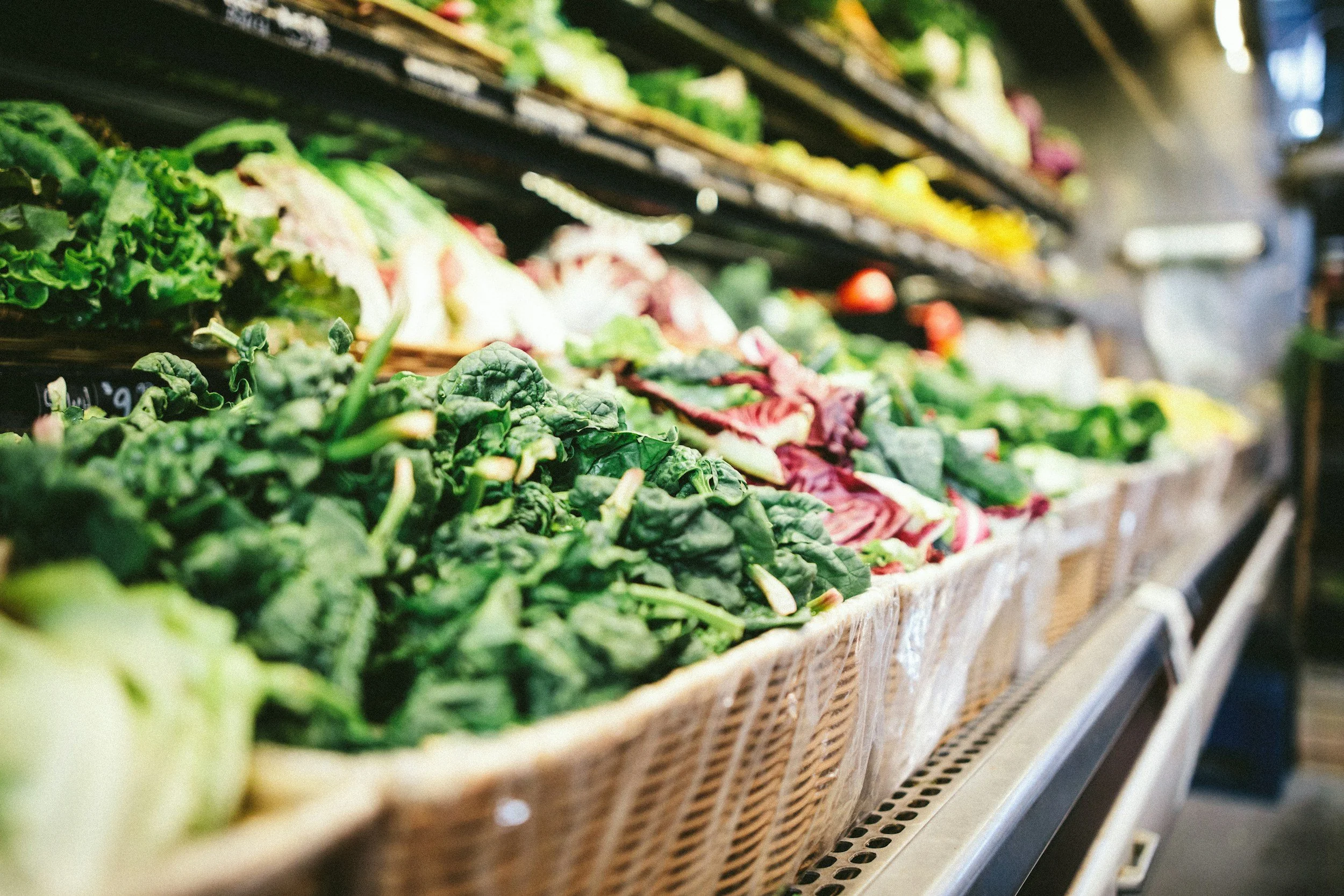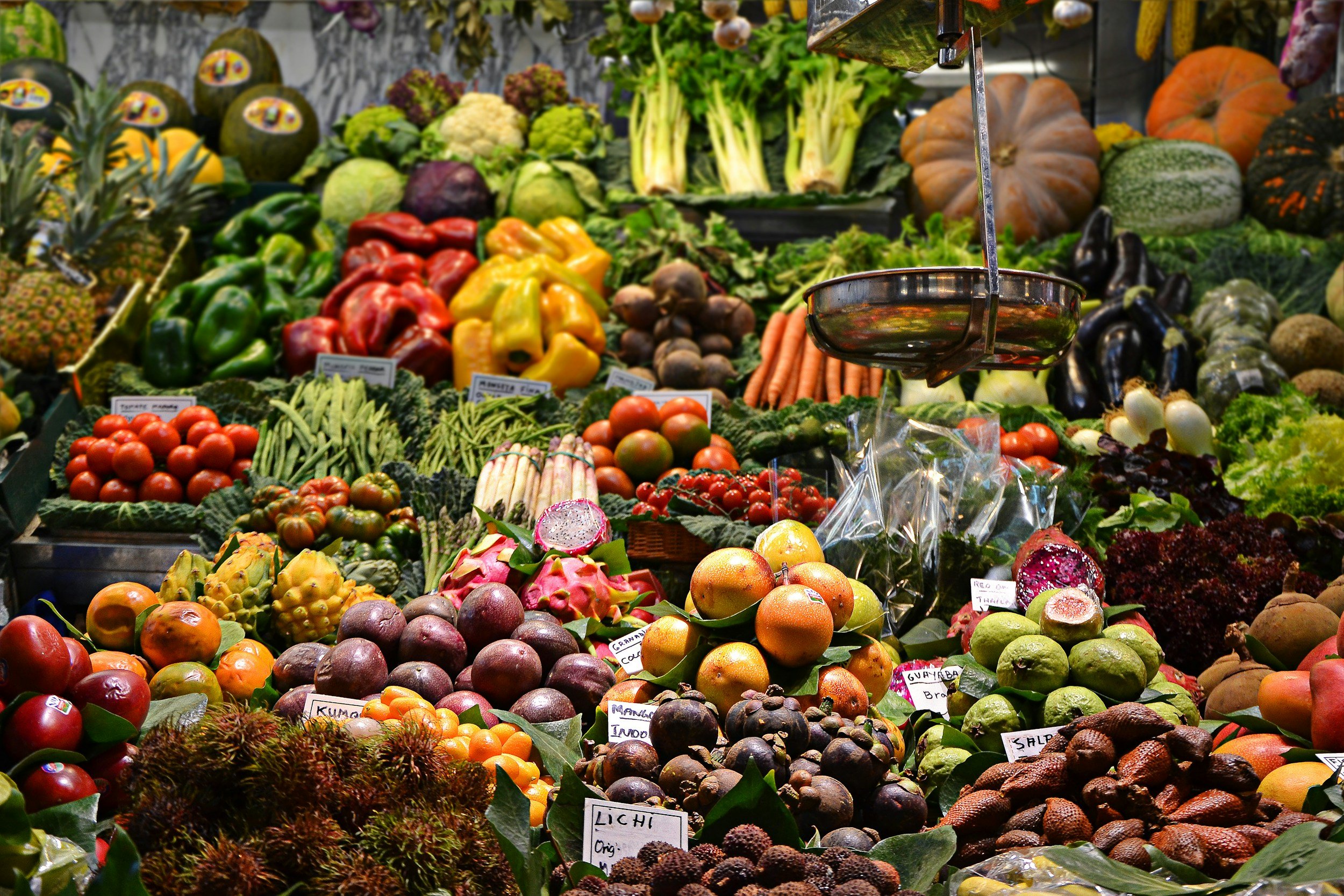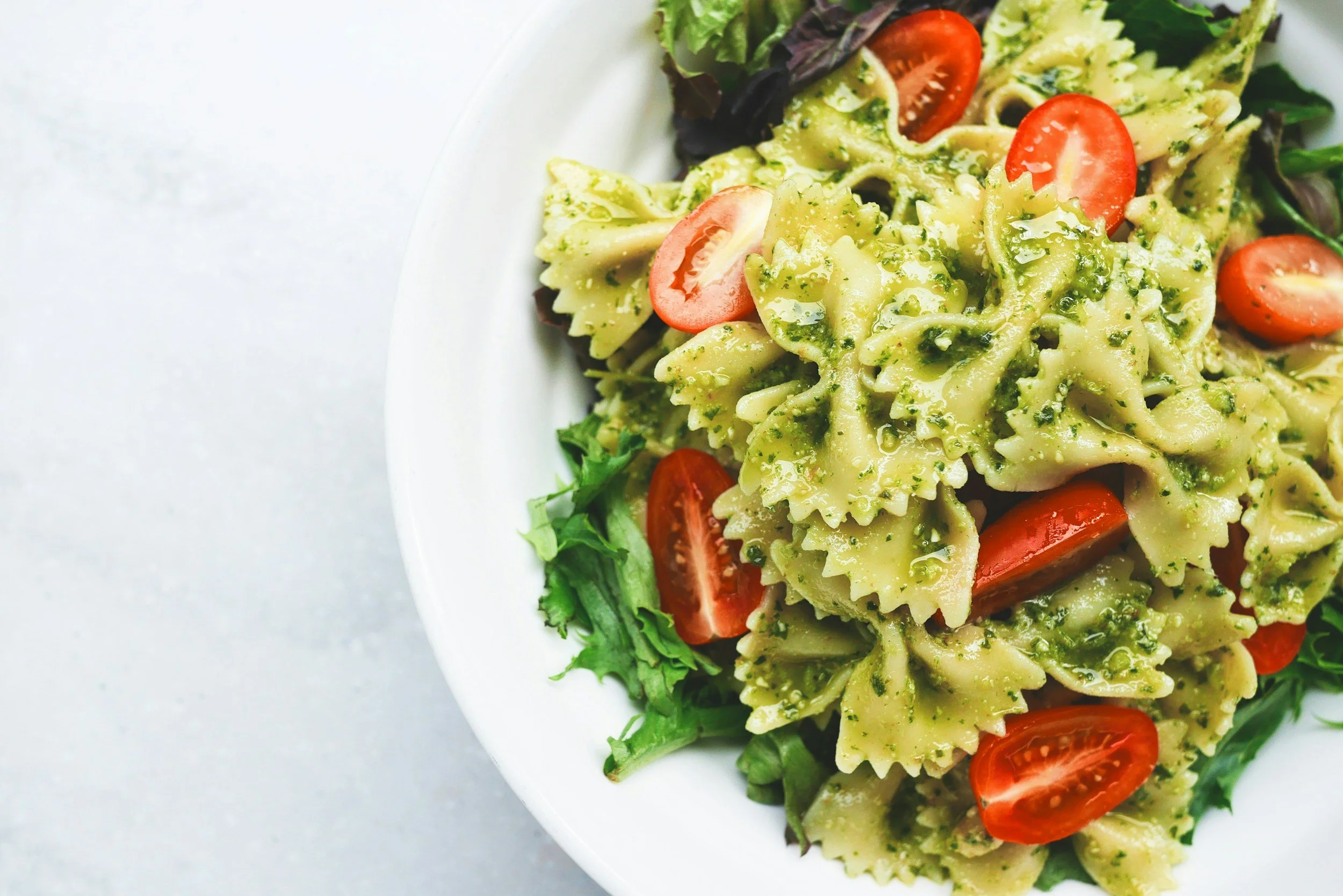In today’s fast-paced world, the simple act of sharing a meal can be a powerful tool for connection and grounding. In our conversation, we explore this idea and reflect on the importance of family meals not just for nutrition, but as a meaningful ritual that fosters belonging and community. As we share, “It’s not just about feeding families, but nourishing them.”
The Evolved Nest: A Framework for Connection
The concept of the "evolved nest" is central to their discussion. Rooted in ancient wisdom, this framework emphasizes communal living and shared caregiving, highlighting the importance of physical closeness and community support. Elizabeth shares her experience of creating a strong network of caregivers, noting that "it's not all familial, which I think is key."
The Role of Simplicity in Modern Parenting
Amidst the noise and uncertainty of modern life, Elizabeth and Keith advocate for a return to simplicity. They discuss the importance of slowing down, being present, and creating a safe space for open dialogue within families. Keith emphasizes, "Less is more," urging parents to focus on meaningful interactions rather than material excess. Elizabeth adds, "It's about centering your own internal conversations to what actually matters."
Integrating Ancient Wisdom with Modern Life
The conversation also touches on the integration of indigenous wisdom with contemporary parenting practices. By embracing communal values and fostering a sense of interconnectedness, families can create a nurturing environment that supports both individual and collective growth. Keith reflects on the importance of nourishing not just the body, but the soul, stating, "Our spirit, our wellbeing has to be reinforced by the ways we see the world and connect with people."
The Power of Words and Presence
Elizabeth and Keith also delve into the power of words and the importance of being present. They discuss the impact of language on relationships and the value of creating a safe space for open communication. Elizabeth shares a personal anecdote about a conversation with her child, highlighting the importance of listening and understanding. "Your words matter," she says, "and they have a profound impact, positive or negative.”
Conclusion: A Call to Reflect and Connect
As we navigate the complexities of modern life, Elizabeth and Keith invite us to reflect on our own "nests" and consider where they may need more care or support. Their conversation serves as a gentle reminder to prioritize presence over presents, and to cherish the moments of connection that truly nourish our souls. They encourage us to embrace small shifts in our daily rhythms and connections, integrating what we've forgotten with where we are now.


